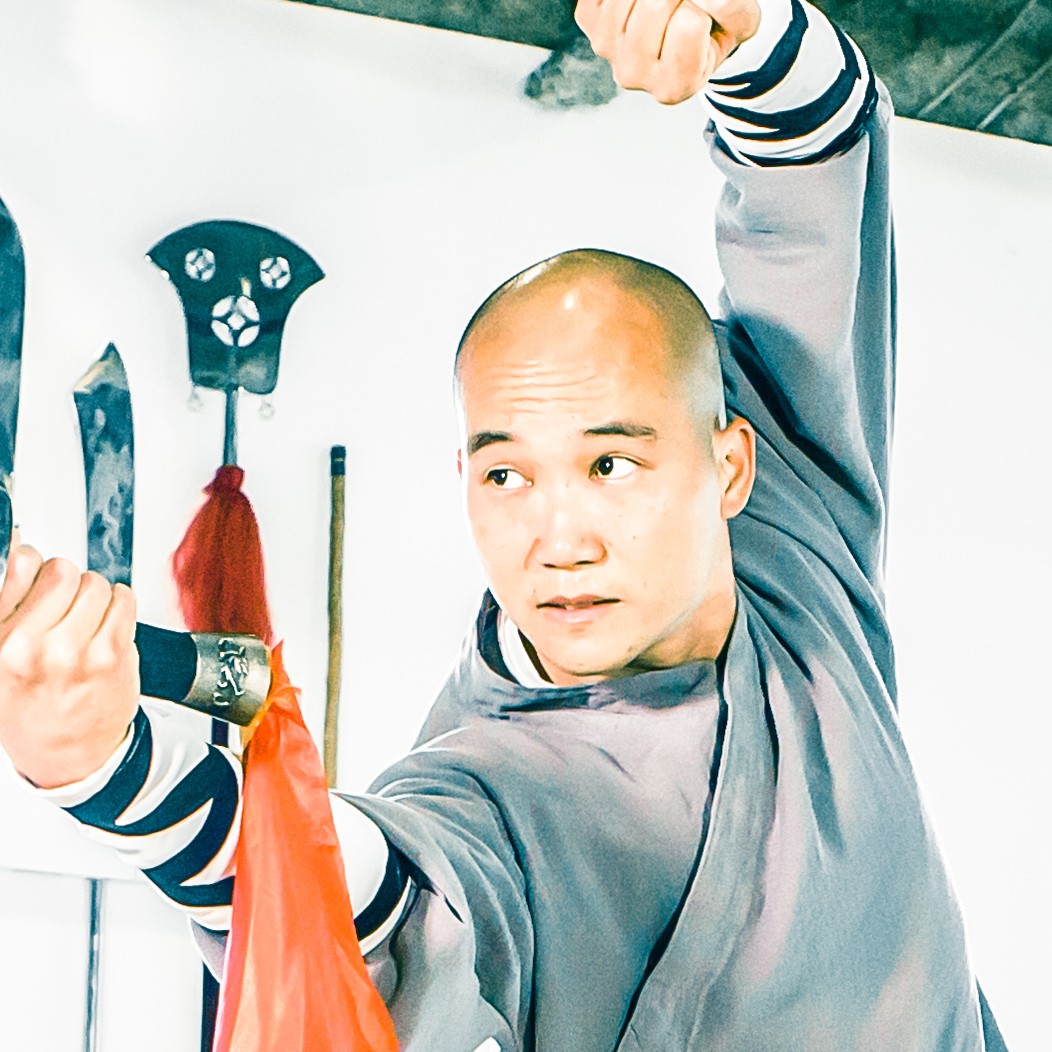How to Deal with Anxiety
What is Anxiety?
Anxiety is a feeling of 'worriness' resulting from uncertainty. Some major sources of anxiety are social (expectations and judgements from society, family, and friends), financial well-being, mental and physical well-being, and death.
It doesn’t take much for anxiety to manifest and some suffer much worse than others. It can keep you up at night, make you feel stressed or nervous. It can lead to unwanted behaviours such as inability to take action or speak up, loss of appetite, biting your fingernails, taking drugs, and smoking.
Anxiety is often related to fear but not always. Sometimes anxiety results from not knowing what to do in a situation and it may have nothing to do with fear. For example, you may not know how to solve a particular problem which creates frustration leading to anxiety.
You may feel prolonged stress, sadness/depression, trauma, and many other emotions that persist and are not easily resolvable. When these feelings arise out of uncertainty, they will lead to anxiety.
Note that anxiety is not the same as PTSD (post traumatic stress disorder). Those who suffer from PTSD will relive a traumatic incident over and over again. PTSD will be addressed in a separate article.
If you suffer from undue anxiety and feel you are misunderstood by others, then having them read this article may help them to understand you better.
Examples of Situations that Lead to Anxiety
- You are currently unemployed and feel uncertain about your financial future
- You want to enter into a relationship with someone but you don’t know how he/she feels about you
- You don’t feel like you fit in with society and you don’t know why
- You feel you are misunderstood and have difficulty communicating with others
- You want to do well in school but you don’t know how to get higher grades
- You read or hear about crime and feel unsafe in your environment
- You have been bullied by other students or co-workers in the past and you don’t know how to deal with the bullies
- You want to appease others but their expectations are unrealistic
- You are interested in a meditation workshop but you don’t know what to expect
Humility is the First Step
The first step to combatting anxiety is to accept that you will continue to encounter situations that cause anxiety, and that this is normal for everyone.
In other words, if someone tells you they don't experience anxiety then they are either not telling the truth or they are not aware they regularly experience some level of anxiety.
All it takes is someone (or yourself) to question your actions or thoughts, or experience an event such as an epidemic to uproot your life.
Consider that people will develop major anxiety at common stages of life:
- Baby / Toddler - New environments and learning to adapt
- Preschool - Away from parents and home for the first time; uncertain social behaviours and interaction
- Grade School - New environment and rules at school; uncertain parental expectations and social expectations
- High School - New environment; uncertainty about career choices and future expectations
- University/College - New environment; uncertainty about jobs, future well-being, and finding a partner
- Work - New environment; uncertainty about jobs, promotion, expectations, self-sufficiency
- Maturity - Uncertainty about family, health, retirement, and death
It is important to understand that anxiety can be lessened to manageable levels but can never be eliminated. And if you are unable to manage your sources of anxiety then your anxiety levels will continue to rise over time.
Some people manage anxiety better than others. Many people are not even aware they have it. Most people haven’t yet learned how to truly deal with it. Many are good at hiding their anxiety or good at avoiding to deal with it.
You’re in luck because below you will find a clear approach to deal with your anxiety!
Awareness is the Second Step
Settle Down
Find a quiet place for yourself and use whatever methods to help you stay calm. For example, you can listen to relaxing ambient music, use calming incense, etc. Stay away from consuming things that worsen anxiety such as caffeine, drugs, and alcohol.
Developing awareness of every source of anxiety will take time. One of the best techniques for developing awareness is through meditation. With daily meditation, you can learn to settle your thoughts and emotions. When you can reach that state of peace and stillness then it will be much easier to discover your many sources of anxiety.
Master Dao provides a clear definition of meditation with free meditation resources at his stqitoronto.com (Shaolin Temple Quanfa Institute Toronto) website. He also provides on-demand online lessons at LearnShaolin.com for just $1 for 3 months.
List Your Sources of Anxiety
When you’ve settled down it’s time to get to work! Take the time to think about all your sources of anxiety (both strong and weak sources) and write them down. Specifically, what is the uncertainty? This way it becomes clearer to you what is causing a build up of anxiety.
When you have your list set out, dig deeper into your earlier childhood memories and try to find more. Remember to breathe and relax - sometimes deeply buried memories may bring up strong emotions. These are often the most difficult ones to become aware of. They are there so take the time to look!
You might not get all of them in the first pass and that’s okay! Spend as much time as you like here before moving on to the next step.
When you have a good list of sources, go through them and try to rank them from strongest to weakest. We want to tackle the strongest ones first.
The Difference Between Anxiety and Stress
It is easy to get confused between stress and anxiety because they often appear together. Whereas stress comes from pressure to meet an expectation with an impending time limit, anxiety is a feeling resulting from uncertainty.
When stress and anxiety appear together, it becomes a complicated and compounded issue that seems difficult to solve.
By attaching an expectation with a time limit to above examples, we can see how stress can be an added layer of emotion:
- You are currently unemployed, feel uncertain your financial future, and collecting debt so you need the job now
- You want to enter into a relationship with someone, you don’t know how he/she feels about you, and you may lose the opportunity if someone else takes the initiative first
- You don’t feel like you fit in with society, you don’t know why, and you want to get out of feelings of loneliness right away
- You feel you are misunderstood, have difficulty communicating with others, and you want to feel (now) like you belong
- You want to do well in school, you don’t know how to get higher grades, and you feel like you need to get 100% on tomorrow’s exam
- You read or hear about crime, feel unsafe in your environment, and you need to go out tonight to meet up with your friends
- You have been bullied by other students or co-workers in the past, you don’t know how to deal with the bullies, and you have to go school or work today
- You want to appease others but their expectations are unrealistic, and you want to feel accepted (now)
- You are interested in a meditation workshop but you don’t know what to expect, and you are attending that workshop tonight
By separating anxiety from stress, we can break up compounded emotions and see them as separate issues that you can then tackle individually. You have to determine what the best order is to do it and usually it’s better to remove the stress element first and tackle the anxiety after.
For information about how to deal with stress, please read Master Dao’s article on How to Manage and Deal with Stress.
Strive and Perseverance Is The Last Step
Determine the Nature of Each Source
By now you’ll have a good idea of where your anxiety is coming from. You now need to strive to understand it further by spending some time thinking about the nature of each source. Take the time to work on them one at a time and don’t rush through this process.
Start with your strongest source of anxiety. Ask yourself the following questions:
What do you desire or want that has led to feelings of anxiety?
Does it come from yourself or is it pressure from someone else?
The nature of a source is an attempt to classify and generalize the source of anxiety so that it becomes easier to manage.
Here are some common examples of the nature of sources of anxiety for yourself or for others:
- Desiring material gain, wealth, or financial stability
- Desiring to meet an expectation
- Desiring a safer environment
- Desiring social acceptance or interaction
- Desiring mental well-being
- Desiring physical well-being
- Desiring entertainment or excitement
Determine the Approach
You now have a good understanding of what your desire is that is leading to anxiety. It is time to determine the approach to resolve it.
Every source of anxiety has its unique approach. Everyone has experienced life differently and everyone is in a different circumstance (environmentally, financially, socially, physically, and mentally). That’s why there is no cookie-cutter answer.
Determining the best approach requires you to contemplate the questions “Why?” and “How?”. That is, why do you have that particular desire? And what is your plan to achieve it or deal with it? We want to question whether the desires we have are still valid, relevant, and realistic. If they are, understanding how you are going to implement a plan to achieve it will then help reduce anxiety.
You may not have all the answers immediately and that’s okay. It can take days or weeks to sort through your thoughts. As you gain experience thinking about each source of anxiety in this way, it will become easier to tackle them.
By persevering and striving for resolution, you will be able to fully understand the underlying desire leading to each source of anxiety and how you are going to deal with it.
More Help Is On the Way
In the future, we will explore common sources of anxiety through this approach and continue to add to the Shàolín Chándào knowledge base. They will be listed here.
Shàolín Chándào perspective:
Anxiety is a communication mechanism that allows your subconscious to inform you (i.e. your consciousness) that there are layers of perception that need to be addressed. Embrace your anxiety by thinking things through, peel the layers of perceptions that don’t make sense anymore, and feel your spirit surge!








 Written by Dao on Monday, June 28, 2021
Written by Dao on Monday, June 28, 2021











 YouTube
YouTube Instagram
Instagram Facebook
Facebook Discord
Discord